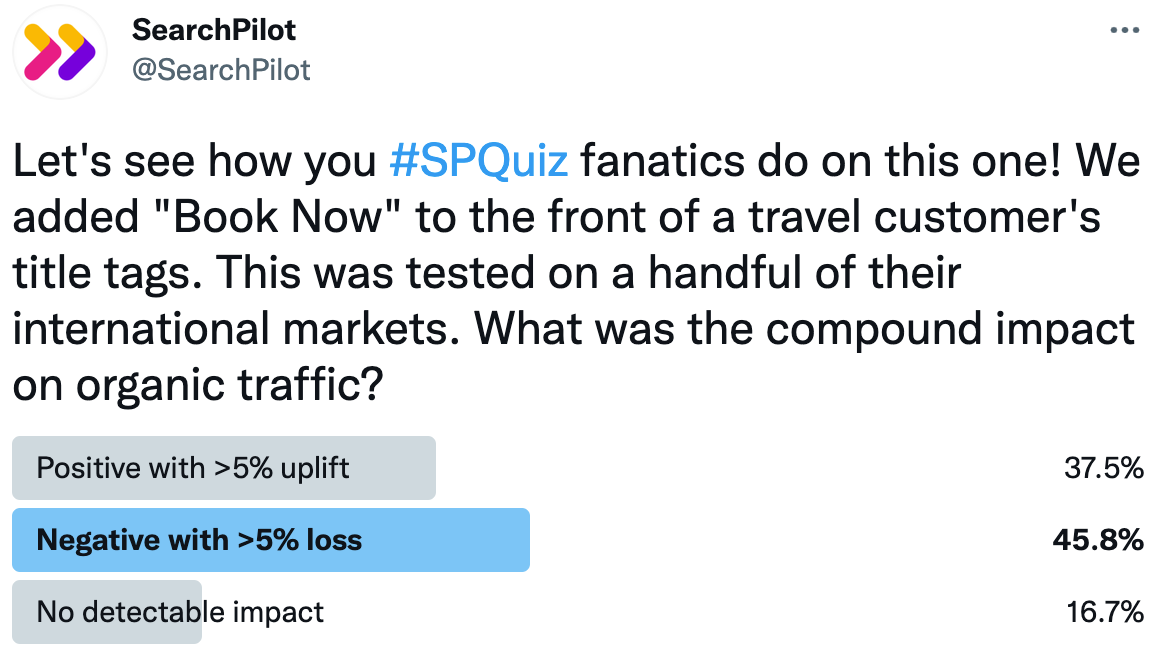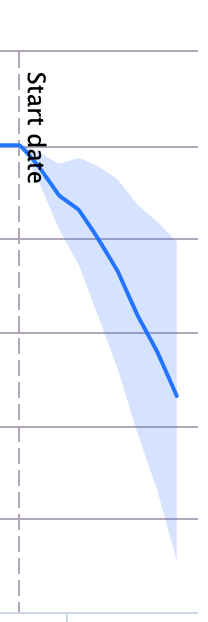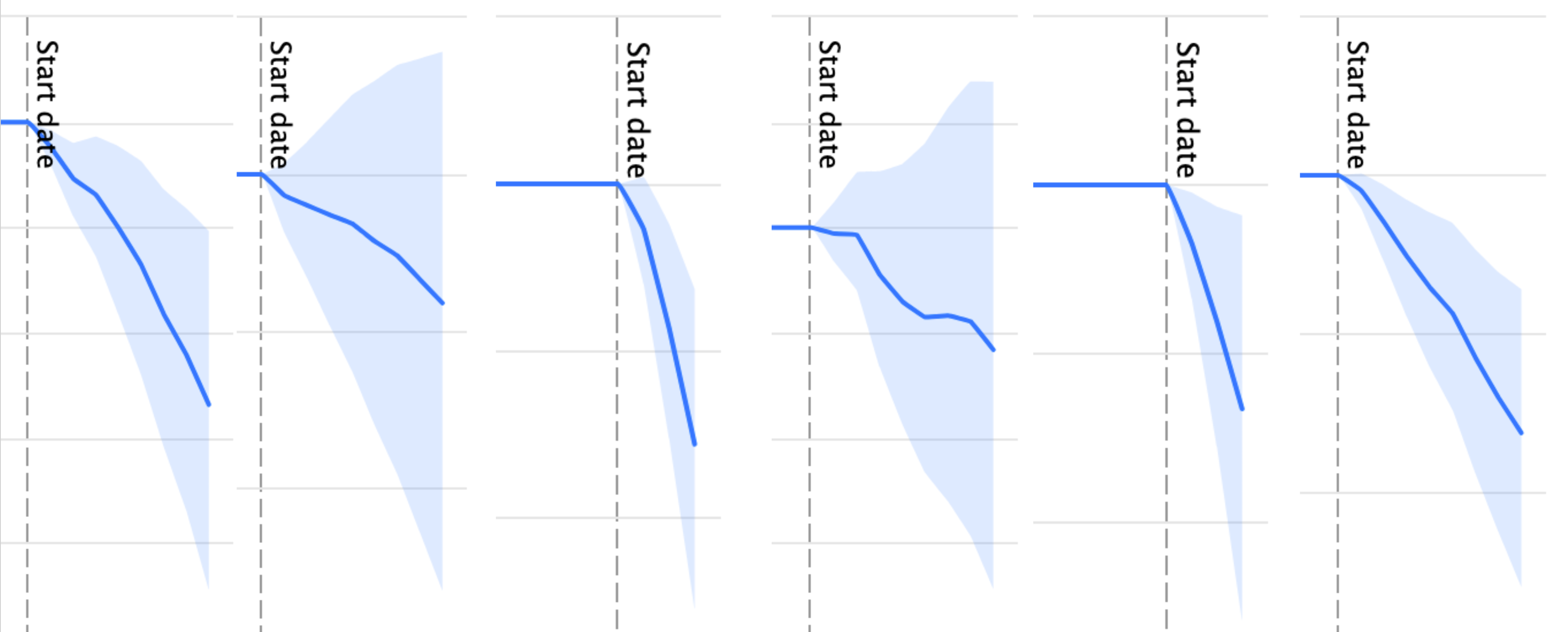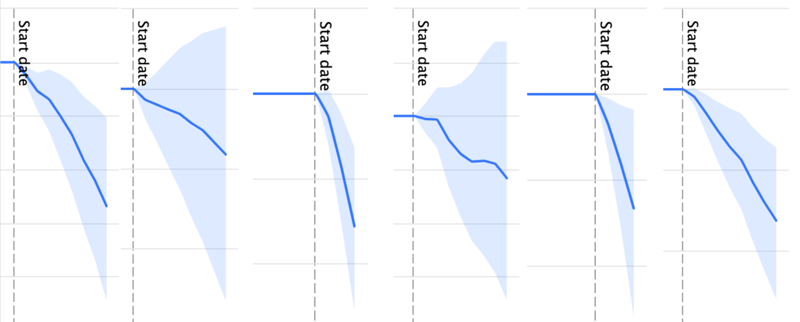Start here: how our SEO split tests work
If you aren't familiar with the fundamentals of how we run controlled SEO experiments that form the basis of all our case studies, then you might find it useful to start by reading the explanation at the end of this article before digesting the details of the case study below. If you'd like to get a new case study by email every two weeks, just enter your email address here.
For this week’s #SPQuiz on Twitter, we asked our followers what they thought would happen when we added a “Book Now” CTA to the start of titles for a travel site:

The vote was pretty evenly split, but most voters thought it would have some strong impact, be that positive or negative. Just under half of you thought it would have a negative impact. If you voted this way, you were right! Across six domains, the overall impact was significantly negative. You can read more about the details below.
The Case Study
A common recommendation for titles and meta descriptions is to add a compelling call-to-action (CTA) to them, to encourage users to click through to your page from search results. There are potential tradeoffs to this approach - in the plus column we might expect a benefit to click through rate, especially in more competitive, commercial industries.
On the other hand, adding a commercial CTA may deter users from clicking if they have more informational or research-based intent. There’s also the risk that adding more words to the title that don’t contain information about the page’s content may harm rankings (because the page appears to be less well-optimised for high volume search terms), and may prevent users from seeing relevant information that would have otherwise led them to click.
With these factors in mind, one of our customers in the travel industry wanted to test the impact for themselves. They have landing pages for airline routes on which users can book flights, and they decided to add “Book Now” as a CTA at the start of their title tags. This test was run across a range of international markets, with the CTA translated into each market’s respective language.
| Control | Variant |
|---|---|
 |
 |
| Control |
|---|
 |
| Variant |
 |
We rolled this out to half of their routes pages across six domains and tested the impact on organic traffic. This is what happened:

This chart shows the compound impact across all six domains - it was a statistically significant, negative result, with an estimated impact of -6% on organic traffic. Looking at the individual domains, there were significantly negative results for four of them, and inconclusive results for the other two.

It seems that, for this specific travel site, adding a commercial CTA to the title tag was not an improvement for organic traffic. This may have been because users higher up the funnel were put off clicking by the CTA, or because the other keywords that were no longer as prominent in the title held value that was lost. However, this may differ across industries (and even other travel sites), so it’s worth testing for yourself if you can!
How our SEO split tests work
The most important thing to know is that our case studies are based on controlled experiments with control and variant pages:
- By detecting changes in performance of the variant pages compared to the control, we know that the measured effect was not caused by seasonality, sitewide changes, Google algorithm updates, competitor changes, or any other external impact.
- The statistical analysis compares the actual outcome to a forecast, and comes with a confidence interval so we know how certain we are the effect is real.
- We measure the impact on organic traffic in order to capture changes to rankings and/or changes to clickthrough rate (more here).
Read more about how SEO A/B testing works or get a demo of the SearchPilot platform.
